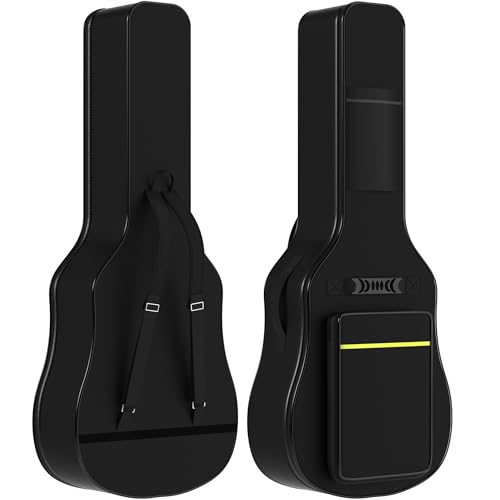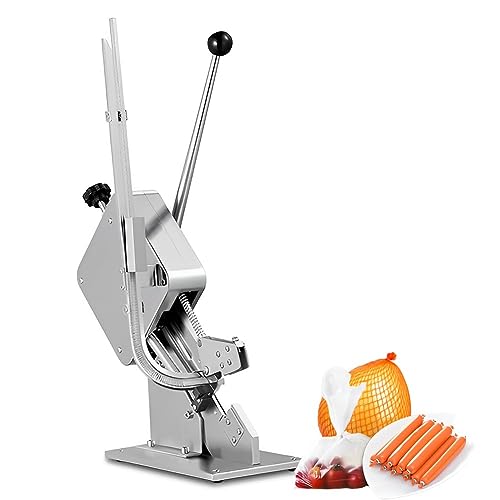Understanding Guitar Bags: Why They Matter for Musicians
The Importance of Protection
When we think about carrying a guitar, the first aspect that comes to mind is protection. A guitar is not just an instrument; it’s sometimes a lifelong companion. A good guitar bag protects your instrument from bumps, drops, and the varying conditions encountered during travel. Imagine carrying your beloved guitar to a gig or a rehearsal; you want to feel assured that it’s shielded from scratch and impact damage. By investing in a quality guitar bag, we keep our instrument safe and sound.
Convenience for Musicians
Beyond protection, convenience is another crucial reason why guitar bags matter. Musicians frequently travel from one place to another, be it for rehearsals, lessons, or gigs. A guitar bag, particularly one with rucksack-style straps, allows us to carry our guitars comfortably. It becomes essential during those long journeys to the stage when juggling cables, music sheets, and other gear. The ease of carrying our guitars can change our overall experience as musicians.
Key Features to Look for in a Guitar Bag
Padding Thickness and Material
One of the first features we should consider is the padding thickness of the guitar bag. Ideally, look for bags with at least 10mm of padding to offer a good level of protection against minor knocks. The material should ideally be a durable, manageable synthetic fabric that can withstand regular use while being lightweight.
Storage Pockets
Let’s not forget about storage! Many guitar bags come equipped with pockets of varying sizes. These can be perfect for storing leads, tuners, sheet music, and other accessories. When selecting a bag, check how many pockets it has and their sizes—this will ensure that everything is easily accessible and securely stored.
Weight and Portability
Weight might seem trivial, but when we regularly transport our instruments, every ounce matters. A bag that is lightweight significantly enhances our mobility. We should always look for bags that provide a good balance between protective features and overall weight, ensuring the bag can be easily carried without strain.
Types of Guitar Bags: Finding the Best Fit for Your Instrument
Soft Cases vs. Hard Cases
When exploring options, we come across two main types of guitar bags: soft cases and hard cases. Soft cases are lightweight, designed for convenience and quick trips. They offer decent protection for day-to-day use and are economical. Hard cases, however, provide robust protection against harsher conditions and are suitable for long travels or shipping.
Specialised Bags for Different Instruments
Each guitar type—be it acoustic, electric, bass, or classical—has its specific requirements. Opting for a specialized bag designed for your particular instrument ensures the best fit and highest protection. Not only do these bags accommodate the unique shapes of the guitars, but they often include additional features tailored to our instruments.
How to Choose the Right Guitar Bag for Your Needs
Assess Your Usage
When choosing a guitar bag, we must first assess how and where we will use it. If we frequently travel for gigs, investing in a robust, padded bag with multiple storage options may be wise. For casual use, a simple and lightweight soft case may suffice. Knowing our needs shapes our final decision.
Align with Your Budget
Budget is always a factor to consider. High-quality guitar bags come in varying price ranges, and we should look for one that meets our needs but doesn’t break the bank. It doesn’t necessarily mean going for the cheapest; rather we should consider the features we truly need and find the best option within our budget.
Fit and Comfort
Lastly, we can’t overlook how well the bag fits our guitar. Trying on different bags with our instrument is crucial. A snug fit prevents the guitar from moving around during transport and reduces the risk of damage. We should also check the comfort level of strap placements and overall handling once the guitar is inside.
Caring for Your Guitar Bag: Tips for Longevity
Regular Cleaning and Maintenance
Taking care of a guitar bag extends its overall lifespan. Regularly using a damp cloth to wipe it down helps keep it clean. For those made from synthetic fabrics, a gentle soap solution may help remove stubborn stains without damaging the material.
Storing the Bag Properly
How we store our guitar bag is as significant as using it. Avoid placing heavy objects on top, as this can warp the structure and padding. Instead, store it in a cool, dry place away from direct sunlight to prevent any potential degradation of materials over time.
Checking Straps and Zippers
Finally, it’s vital to regularly check the zippers and straps for any wear and tear. A broken strap means a difficult time carrying our guitar safely, while a faulty zipper can leave our guitar exposed. Performing simple maintenance regularly can save us hassle down the road.




























